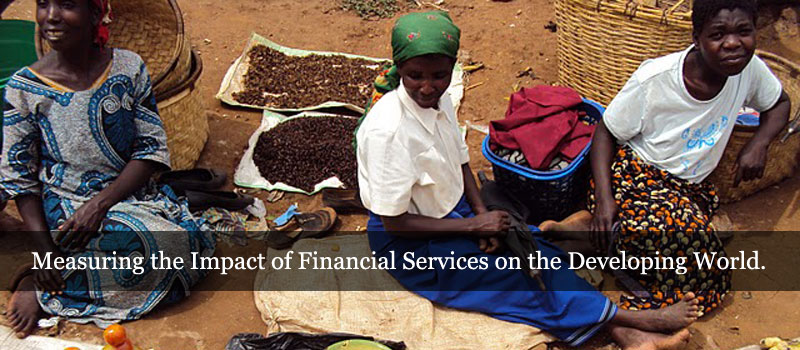Missing Water Money: Playing Nancy Drew Made Easy by M-PESA
Geetha Nagarajan, IRIS Center. February, 2011.
I was turned down for an interview in July 2010 with the water management committee at Katitika Water Project (KWP) in Kitui, Kenya for defaulting on our promise to transfer a small honorarium payment for the last interview held with them in November 2009. The funds were intended to go into the common water committee account and then into a specially designed smart card within a water key. The water key could then be used by the community to obtain water from a solar-powered water pump installed by Grundfos, a leading international pump manufacturer.
The IRIS research team assured me that the honorarium was transferred on time through M-PESA, as per mutual agreement, into the joint account held by the community. The IRIS team received confirmation messages from M-PESA that the money was transferred into the joint account of the community, but the water management committee reported that it did not arrive. Only the most recent M-PESA confirmation messages are saved on the phone, and by the time I arrived in Kenya the messages were no longer available on the phone used to send the money to the community joint account.
So, what went wrong?
- Has M-PESA failed on its promise of being a "fast, easy, reliable way to send money home?" Is it just another unreliable transfer agent such as truck drivers and relatives that were commonly mentioned in our interviews? Has the water key provided by Grundfos failed to capture the funds?
- If the money was indeed transferred, how can I prove this to the committee (and quickly) in the absence of a paper trail or saved messages?
- Are the water committee members telling the truth? How can I show their innocence in the absence of solid proof?
With some persuasion, the water committee showed me their account ledger, which did not have any credits made by us in the last six months. I contacted M-PESA and Grundfos with the above queries.
M-PESA assured me that despite the absence of an electronically saved message with the transfer confirmation, they could still trace the transfer if we provided the phone number and account holder's ID from which it was transferred. They asked me to first check with Grundfos since they also handle similar accounts on their end and have fewer such accounts, which reduce the tracing time. Grundfos tracks all of the transfers made through M-PESA into the water key accounts that they have distributed at each of their eight pumps in Kenya.
Upon contacting Grundfos, they were able to solve the issue on the spot and reconcile the account. When I provided the phone number, date and amount of transfer, Grundfos found it on their ledgers. It was transferred on time for the agreed amount into the account number we had been told belonged to the water key held by the committee. The issue lay in a small error the water committee made in providing us with the account number that contained both letters and numbers. They wrote zero instead of the letter "O" for one of the nine digits on the account number. Therefore, the money was transferred by M-PESA on time to an account that does not exist and sat there until Grundfos traced it and transferred the amount into the correct account. The process of correcting the error took less than ten minutes and within another fifteen minutes I received a call from the KWP committee chair inviting me for a visit with them. In this process, Grundfos learned that several others had erred in the zero vs. letter "O" entry, and has now discontinued using these characters to avoid future problems.
I can now say "case closed," thanks to the features in M-PESA that allow for the transparent and efficient transfer of funds, which helps to ensure the continuation of essential services. For the poor, every dollar is precious, and in the case of the Katitika Water Project, losing one dollar means losing over 520 liters of clean, safe water.




